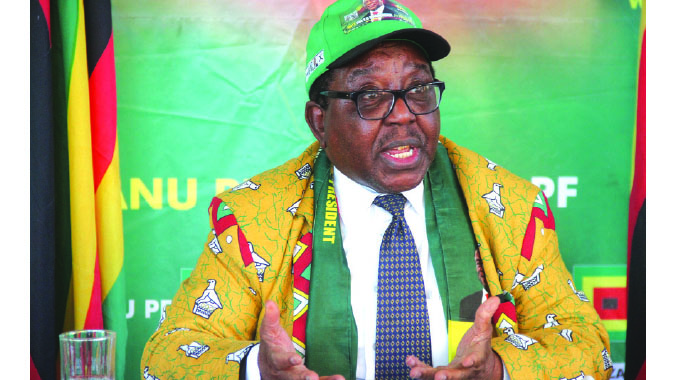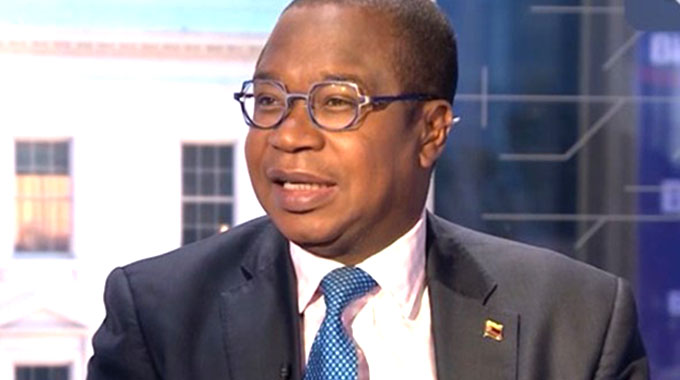President swears in NPRC commissioners

Political Editor
PRESIDENT Mnangagwa yesterday capped a busy day by swearing in six new commissioners to the Zimbabwe Peace and Reconciliation Commission (ZPRC) at the State House.

Obert Gutu
The six commissioners, who are drawn from a cross-section of Zimbabweans in their diversity, are replacing commissioners whose terms have expired and will serve under the chairmanship of Justice Selo Nare who was only appointed in 2018.

Donwell Dube
The six commissioners who were appointed include experts in conflict and peace resolution Dr Donwell Dube and Mr Tinashe Rukuni, Reverend Chiropafadzo Moyo of the Evangelical Lutheran Church in Zimbabwe, former deputy police commissioner-general crime Josephine Shambare, former MDC spokesperson Obert Gutu and seasoned peace-building campaigner Ms Nomaqhawe Gwere.

Tinashe Rukuni
The commissioners are appointed on a five-year term which is renewable only for a second term. In this particular Commission, the President retained the services of two commissioners, namely Ms Lillian Chigwedere and Dr Golden Chekenyere who were serving in the previous commission and whose term had expired. In an interview after the six commissioners had taken oaths of office before President Mnangagwa, Minister of Justice, Legal and Parliamentary Affairs Hon Ziyambi Ziyambi said the appointment of the commission shows that the Government is committed to uniting the nation. “This a replacement of vacancies within the Commission, it means that our thrust is to unite the nation, peace-building and ensuring that in our communities that agenda is carried out. The previous Commission term expired and we hope that they continue with the good work that was done by the previous commission to ensure that as a nation we achieve that united position that we seek,” he said.

Chiropafadzo Moyo
The function of the Commission, the Minister said, is to deal with issues of peacebuilding, conflict resolution and act as a mechanism for alerting the nation when there is a potential situation that can cause conflict.
According to the National Peace and Reconciliation Commission Act, the National Peace and Reconciliation Commission may, through the appropriate Minister, submit reports to Parliament on particular matters relating to national peace and reconciliation which, in the Commission’s opinion, should be brought to the attention of Parliament”.

Nomaqhawe Gwere
The Act provides for the functions, powers, operations, and removal from office of the members of the Commission, manner of conducting investigations, and staffing of the Commission, among others. The NPRC is established under Sections 251 to 253 of the Constitution to ensure post-conflict justice, healing, and reconciliation, to develop programmes to promote national healing, unity, and peaceful conflict resolution.









Comments